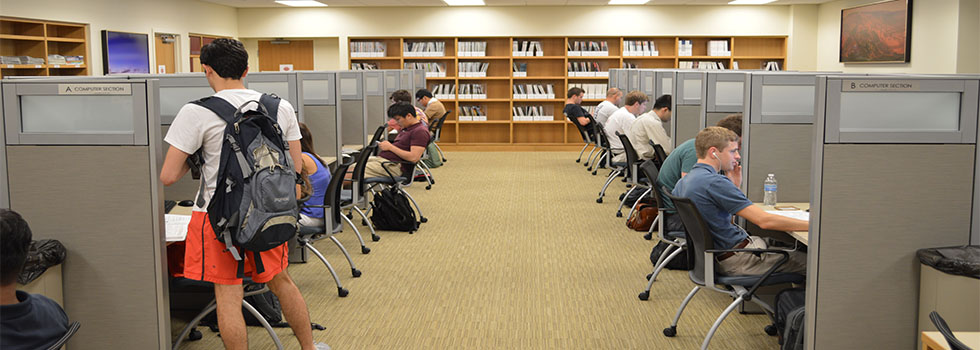
Understanding Computer Science Undergraduate Curriculum

Each core course provides a collection of expected keywords/key-phrases describing what knowledge a student is expected to learn from the course.
Undergraduate curriculum
BS-CS-Core Curriculum (blue colored courses are BA-CS-Core as well)
CS 1341: Problem-solving; basic programming techniques (data types; variables, constants, and expressions, input/output, print statements and output formatting; branching, loops, methods); object-oriented programming: classes and objects (encapsulation, composition, inheritance), UML (Class diagram only)
CS 1342: File handling; i/o streams; exceptions; recursion; abstract classes; interfaces; wrapper classes; polymorphism
CS 2341: Abstract data types (lists; vectors; queues; trees; heaps; hashtables); searching and sorting algorithms; time complexity analysis
CS 2353: Propositional logic, truth tables, sets, functions, relations, number theory, basic proofs, mathematical induction, recurrence relations, graph theory
CS 2340: Number systems, digital logic, computer architecture (processor, memory, input/output)
CS 3341: Automata theory, regular expressions, grammars, programming languages, threading and multiprocessing, hash functions, encryption, digital signatures
CS 3353: Sorting algorithms, basic graph algorithms; fundamental algorithmic techniques: greedy, recursive, dynamic programming, proof of algorithm correctness and time complexity
CS 5330: Relational database concepts; writing queries with SQL; logical database design; transaction processing concepts; overview of physical database design/query processing; noSQL data models (introduction)
CS 5343: Theoretical and practical aspects of operating systems: processes and threads, timesharing and multiprogramming operating systems, scheduling and synchronization tools, main and virtual memory management, interprocess communication and synchronization, and mass storage management.
CS 5344: Network protocols, layered communication architecture, wired and wireless data transmission, network routing, TCP/IP and UDP, Cisco packet tracer
CS 5328: full-stack end-to-end web app development; team-based SE; modern SE platforms/tools; SE lifecycle; agile process; API; design patterns
CS 5351: Status reports, project timeline, scope, risks, actions, end-to-end software solution delivery, Agile Development methodology, software engineering documentation, produce a Jira board that outlines the hybrid SDLC model using Waterfall and Agile; project management fundamentals; weekly customer status and technical meetings
AI/ML Track
CS 5320: Intelligent agent design; search and optimization; uncertainty and probabilistic reasoning; learning from examples
CS 5324: Neural Networks; Gradient-based optimization; Convolutional Networks; Transformers; Coding given in language Python with emphasis on pandas, numpy, and tensorflow.
SE Track
CS 5314: Software quality characteristics/attributes, quality assurance, defect prevention/removal/containment, testing techniques, functional/black-box testing, structural/white-box testing, usage-based statistical testing, defect prevention and process improvement, inspection, formal verification, quality measurement/analysis/improvement.
CS 5319: Software Architecture and Design, Architectural Styles, Components, Connectors, Architectural Modeling/Visulization, Archtectural Evaluation, Architectural Analysis, Implementation
Computer Organization Track
CS 3381
CS 4381
Data Engineering Track
CS 5351: Data exploration, clustering, classification, association analysis, knowledge discovery process projects following CRISP-DM.
CS 5352: Natural Language Models: TF-IDF, N-grams, Topic models, Neural Network based; fundamental tasks of NLP: segmentation, error correction, tagging, parsing, semantic analysis; overview of Large Language Models.